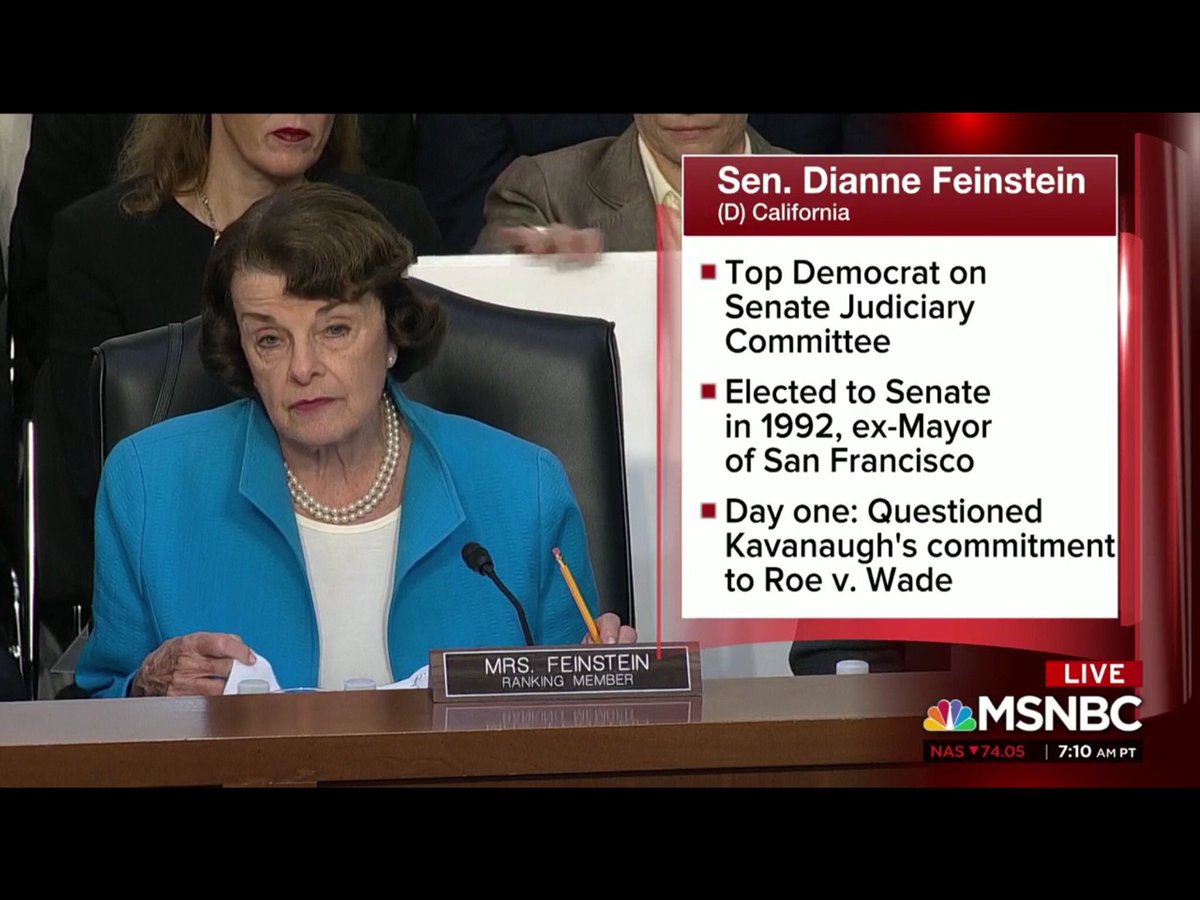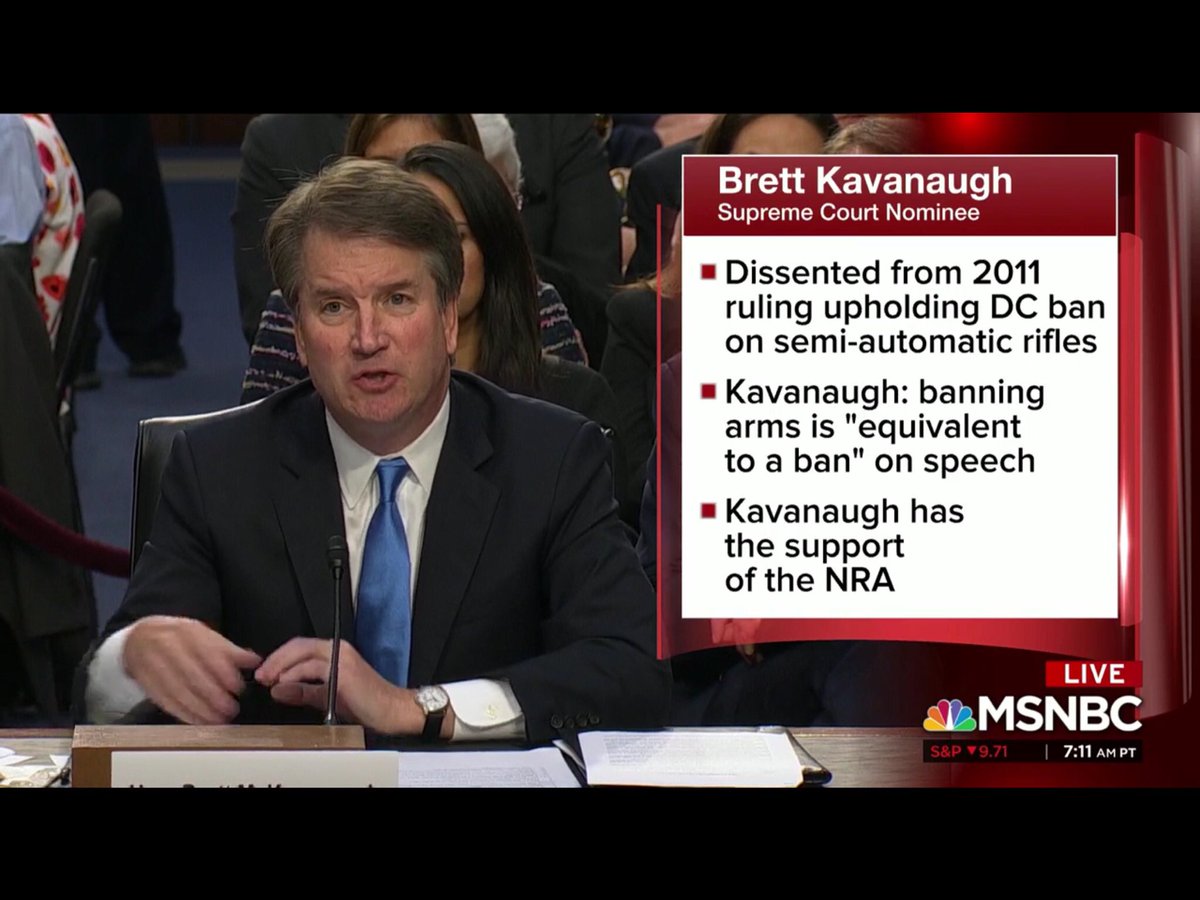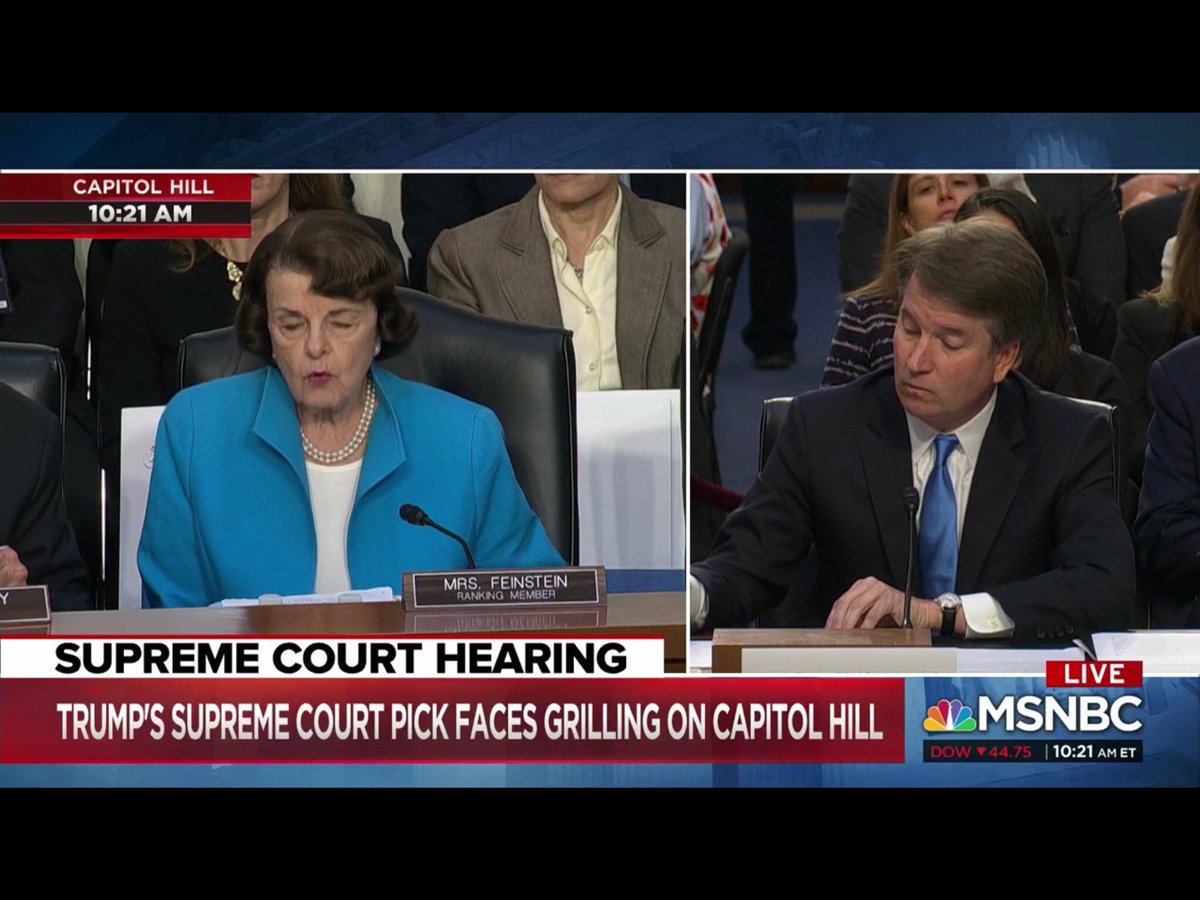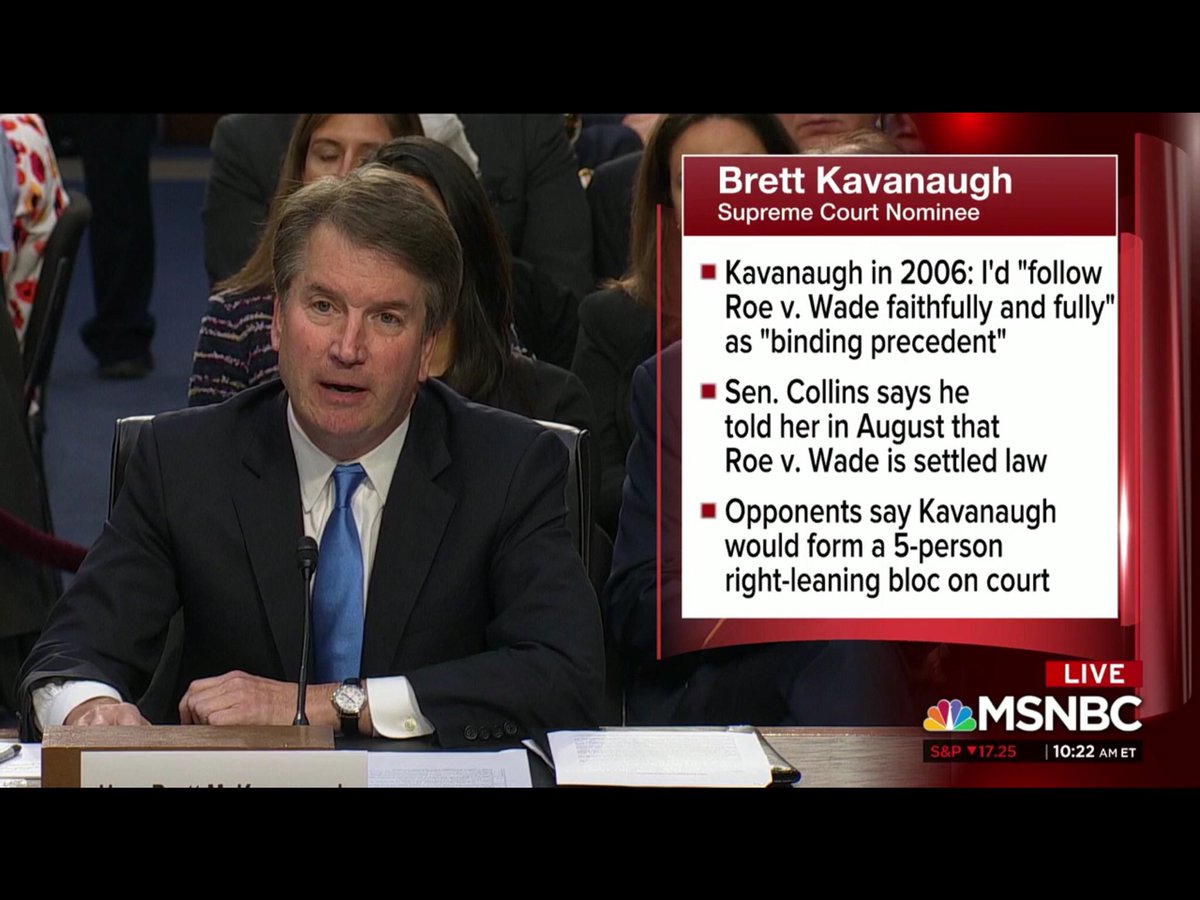Spoiler: Most likely yes—even with Kavanaugh’s vote.
But it’s not a game-changing issue.
(It's complicated—so a long thread)
Indictment means there's basis for a criminal charge;
Guilt is found at trial.
law.cornell.edu/wex/indictment
Impeachment is followed by a Senate trial. If the Senators believe the president is guilty, they remove him from office with 2/3 vote.
A former president can, of course, be indicted and brought into a regular criminal court.
This works: Impeach, remove, indict. But Congress isn’t doing its job.
So we really have two separate issues:
1. Can a sitting president be indicted?
2. Can a sitting president be tried for crimes in a regular court (i.e. not in the Senate) while serving as president?
Scholars differ on the issue of whether a sitting president be put on trial:
scholarship.law.georgetown.edu/cgi/viewconten…
Dellinger (former head of the DOJ Office of the Counsel & acting solicitor general) argues that a criminal trial interferes with the duties of the president; thus a criminal trial must wait until the president is out of office.
nytimes.com/2018/03/26/opi…
The issue is whether a trial must wait until the president is out of office.
And again, this is an issue only if Congress shields instead of removes a criminal president so he CAN be put on trial.
(I tend to think a trial should wait. I think putting a sitting president on trial would be a media circus & disaster. Good luck finding an impartial jury.)
There's nothing in the constitution that says a sitting president can’t be indicted. The arguments in favor of postponing a trial don’t apply to an indictment.
With a properly functioning Congress, this would spur a genuine investigation + impeachment & removal.
Instead he named Nixon as an “unindicted co-conspirator” in someone else’s indictment—a practice now discouraged in the DOJ rules. justsecurity.org/44705/naming-p…
law.cornell.edu/wex/statute_of…
For example, if the SOL expires while he’s in office, he’d be immune from accountability for that crime.
“What if,” you ask, “the president refuses to waive the SOL?”
“What if,” you ask, “the president challenges the indictment in court and it goes all the way to the conservative majority SCOTUS?"
Remember, this is only an issue for crimes with expiring SOLs; for others he can be indicted later.
In 1998 he wrote, “I tend to think [prosecution] has to be Congress”—basically saying while a president is in office, it’s Congress’s responsibility to prosecute.
politico.com/blogs/under-th…
“The indictment and trial of a sitting president would cripple the federal government . . .” politico.com/f/?id=00000164…
Notice he was talking about indictment AND trial. He conflated the two issues.
If Trump (hypothetically) refused to waive SOL, and the case came to SCOTUS, the issue would be a narrow one:
Remember that when the SCOTUS makes a ruling, it isn’t just for this case; the ruling becomes precedent for future cases.
They also can’t reach beyond the facts of the case before them to make blanket rules:
law2.umkc.edu/faculty/projec…
Remember also that 5 justices are needed for a ruling.
There's nothing in the Constitution to support it.
Moreover, they’d only be immunizing certain crimes (expiring SOLs) so why do it?
But I don’t believe that having a bad judge (or 2 or 3) threatens the legitimacy of the Supreme Court, or that we can assume the conservative bloc will now become unhinged.
We want to maintain the legitimacy of the court because we want it around when Democrats have the power to appoint justices.
Remember a goal of Putin’s cyber war is to make us to lose faith in our institutions.
Because Congress can always decide to do its job, and because he can be tried when he leaves office, the Court can't immunize him for ALL his crimes.
There are genuine concerns about Kav. He embraces a judicial philosophy that justifies turning back the clock on 50 years of progress —women’s and minority rights, voters rights, etc.
medium.com/@SSalvaticoS/t…
balkin.blogspot.com/2018/10/the-vi… …
A big enough Democratic majority will (in time) right the problems.

















